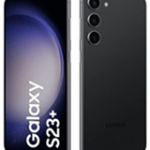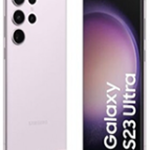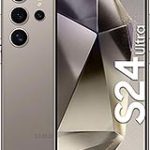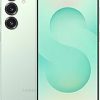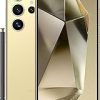Before we get started, it should be known that Samsungs newest design flip phone, the Samsung Galaxy Z Flip4 SAR tested in Aug 2022, ranks among the lowest head SAR levels recorded for any smartphone. In fact, as for the year 2022, the Samsung Galaxy Z Flip4 had the lowest SAR value for the head of any smartphone sold in the USA (when in cellular mode only). Sounds good, right? Not so fast! The Samsung Galaxy Z Flip4 was also the HIGHEST SAR level test of any phone in 2022 (tied with several others) when tested with all other transmitters, Wi-Fi, etc., active. The antenna relocation many people praise does lower head SAR levels, but the trade-off is more radiation to other body parts. The chart above has six different SAR tests listed for each phone. Click the navigation links for the chart for each FCC SAR test before you fall for clever SAR marketing on the least realistic value, only cellular transmitter active. Related: Buying Guide Based On Cell Phone Radiation Levels
Samsung's All-Time Lowest Radiation Cell Phones
Which Samsung smartphone had the lowest radiation for Simultaneous Head SAR testing across all years? According to FCC test reports, the Samsung phone with the lowest SAR rating was 0.83 W/kg, accounting for 51.88% of the 1.6 W/kg limit. In contrast, the highest SAR Samsung phone had a 1.59 W/kg rating, or 99.38% of the limit. This equates to a 91.57% difference between the two extremes.
| Phone Model | Simultaneous Head SAR (% Limit) | SAR Rank |
|---|---|---|
| 0.83 W/kg (51.88%) | Ranks 1st Compare | |
| 0.89 W/kg (55.63%) | Ranks 2nd Compare | |
| 0.94 W/kg (58.75%) | Ranks 3rd Compare | |
| 0.99 W/kg (61.88%) | Ranks 4th Compare | |
| 0.99 W/kg (61.88%) | Ranks 4th Compare | |
| 1.04 W/kg (65%) | Ranks 5th Compare | |
| 1.06 W/kg (66.25%) | Ranks 6th Compare | |
| 1.12 W/kg (70%) | Ranks 7th Compare | |
| 1.13 W/kg (70.63%) | Ranks 8th Compare | |
| 1.14 W/kg (71.25%) | Ranks 9th Compare | |
| Phone Model | Simultaneous Head SAR (% Limit) | SAR Rank |
| 1.16 W/kg (72.5%) | Ranks 10th Compare | |
| 1.17 W/kg (73.13%) | Ranks 11th Compare | |
| 1.17 W/kg (73.13%) | Ranks 11th Compare | |
| 1.19 W/kg (74.38%) | Ranks 12th Compare | |
| 1.21 W/kg (75.63%) | Ranks 13th Compare | |
| 1.23 W/kg (76.88%) | Ranks 14th Compare | |
| 1.25 W/kg (78.13%) | Ranks 15th Compare | |
| 1.27 W/kg (79.38%) | Ranks 16th Compare | |
| 1.28 W/kg (80%) | Ranks 17th Compare | |
| 1.28 W/kg (80%) | Ranks 17th Compare | |
| Phone Model | Simultaneous Head SAR (% Limit) | SAR Rank |
| 1.33 W/kg (83.13%) | Ranks 18th Compare | |
| 1.34 W/kg (83.75%) | Ranks 19th Compare | |
| 1.35 W/kg (84.38%) | Ranks 20th Compare | |
| 1.35 W/kg (84.38%) | Ranks 20th Compare | |
| 1.36 W/kg (85%) | Ranks 21st Compare | |
| 1.38 W/kg (86.25%) | Ranks 22nd Compare | |
| 1.41 W/kg (88.13%) | Ranks 23rd Compare | |
| 1.42 W/kg (88.75%) | Ranks 24th Compare | |
| 1.42 W/kg (88.75%) | Ranks 24th Compare | |
| 1.44 W/kg (90%) | Ranks 25th Compare | |
| Phone Model | Simultaneous Head SAR (% Limit) | SAR Rank |
| 1.45 W/kg (90.63%) | Ranks 26th Compare | |
| 1.46 W/kg (91.25%) | Ranks 27th Compare | |
| 1.52 W/kg (95%) | Ranks 28th Compare | |
| 1.52 W/kg (95%) | Ranks 28th Compare | |
| 1.55 W/kg (96.88%) | Ranks 29th Compare | |
| 1.55 W/kg (96.88%) | Ranks 29th Compare | |
| 1.55 W/kg (96.88%) | Ranks 29th Compare | |
| 1.55 W/kg (96.88%) | Ranks 29th Compare | |
| 1.55 W/kg (96.88%) | Ranks 29th Compare | |
| 1.56 W/kg (97.5%) | Ranks 30th Compare | |
| Phone Model | Simultaneous Head SAR (% Limit) | SAR Rank |
| 1.56 W/kg (97.5%) | Ranks 30th Compare | |
| 1.57 W/kg (98.13%) | Ranks 31st Compare | |
| 1.57 W/kg (98.13%) | Ranks 31st Compare | |
| 1.57 W/kg (98.13%) | Ranks 31st Compare | |
| 1.57 W/kg (98.13%) | Ranks 31st Compare | |
| 1.58 W/kg (98.75%) | Ranks 32nd Compare | |
| 1.58 W/kg (98.75%) | Ranks 32nd Compare | |
| 1.58 W/kg (98.75%) | Ranks 32nd Compare | |
| 1.58 W/kg (98.75%) | Ranks 32nd Compare | |
| 1.59 W/kg (99.38%) | Ranks 33rd Compare | |
| Phone Model | Simultaneous Head SAR (% Limit) | SAR Rank |
| 1.59 W/kg (99.38%) | Ranks 33rd Compare | |
| 1.59 W/kg (99.38%) | Ranks 33rd Compare | |
| 1.59 W/kg (99.38%) | Ranks 33rd Compare | |
| 1.59 W/kg (99.38%) | Ranks 33rd Compare | |
| 1.59 W/kg (99.38%) | Ranks 33rd Compare | |
| 1.59 W/kg (99.38%) | Ranks 33rd Compare | |
| 1.59 W/kg (99.38%) | Ranks 33rd Compare | |
| 1.59 W/kg (99.38%) | Ranks 33rd Compare | |
| 1.59 W/kg (99.38%) | Ranks 33rd Compare | |
| 1.59 W/kg (99.38%) | Ranks 33rd Compare | |
| Phone Model | Simultaneous Head SAR (% Limit) | SAR Rank |
| 1.59 W/kg (99.38%) | Ranks 33rd Compare | |
| 1.59 W/kg (99.38%) | Ranks 33rd Compare | |
| 1.59 W/kg (99.38%) | Ranks 33rd Compare |
Lowest: Samsung Galaxy A03s
Highest: Samsung Galaxy S25 Ultra
Note: We provide a list of Apple iPhone SAR levels HERE.
Want to Compare Radiation Levels Side by Side?
BUT don’t get fooled by SAR levels!
Searching for a way to lower radiation exposure based on the FCC’s SAR guidelines sounds like the intelligent, responsible, and educated thing to do—right? Think again! This post points out several shortcomings of the general acceptance of thermally based safety guidelines and not addressing actual microwave radiation exposure below thermal levels.
The Samsung Galaxy S10e, FCCID A3LSMG970F, ranks well among popular Smartphones as one of the lowest SAR Smartphones available still in 2023, with a Head SAR Level of only 0.34 W/kg (watts per kilogram averaged over one gram of tissue). Great right? No, this phone is also tied with 18 other phones as the HIGHEST radiation level of any phone sold in the USA at 1.59 W/kg, depending on which test results you look at. However, to achieve these low levels of RF exposure reported, it is required to keep a distance of up to 15mm from the body. Therefore, there is much more to phone radiation safety than SAR levels alone!
It’s a good idea to research which Smartphone has the lowest SAR before buying yourself or a loved one a high-frequency microwave transmitter carried next to the body all day. From an RF design perspective, Samsung is the only manufacturer striving to make lower radiation exposure a Smartphone design priority. But even this is misleading regarding SAR levels because the FCC allows manufacturers to choose SAR testing between 5mm and 15mm of separation distance, and many phones test at different distances from the simulated head and body. For this reason, it makes it almost impossible to compare phones from different manufacturers to each other accurately. One thing you must understand about Samsungs lower radiation level is the antenna is transmitting closer to your neck, where you have no bone to protect you – yet it is farther away from the test sensor when these safety tests were performed based on a test procedure designed a quarter of a century ago without being updated AT ALL for use by children!!

BREAKING NEWS: Canadian MP introduces Bill C-648 to protect Canadians by changing the way consumers think about cell phones regulated under thermal guidelines (SAR LEVELS), wi-fi, cordless phones, baby monitors, and other wireless devices by empowering them with the information they need to understand potential severe risks to their health from long-term and continuous use of these devices, AND the more significant risks to children.
In 2014 Berkeley, CA, started a law that consumers are made aware of RF radiation dangers. But, as it seems, what you don’t know could kill you, according to the latest Smartphone product liability lawsuits filed in DC.
Cell phones sold in the USA vary in terms of their Specific Absorption Rate or SAR, the Federal government’s measure of the maximum amount of microwave radiation absorbed by the head or body.
The FCC requires all cell phones sold in the USA not to exceed a maximum SAR of 1.6 watts per kilogram averaged over one gram of tissue. However, official documents show the FCC is under pressure from doctors and scientists who insist current guidelines are not enough. See Reassessment of Federal Communications Commission Radio-frequency Exposure Limits and Policies” (Proceeding Number 13-84).
As the FCC shuffles through 950 submissions — most calling for more robust safety regulation; Scientists and organizations have labeled SAR standards as “not being able to protect the public“from hazards proven at non-thermal exposure levels. As well as increased pressure for fast action regarding the FCC’s review of SAR guidelines.
Most critical shortcomings of SAR testing need to be understood
- A cell phone’s SAR is assessed using an artificial laboratory model of a 6-foot-1-inch adult male.
- It does not consider women, children, or prenatal exposure
- The lower the SAR, the less the user is exposed to thermal levels of microwave radiation.
- Does not consider non-thermal ROS effects linked to DNA damage.
The BIGGEST problem with SAR FCC safety guidelines……….
They haven’t been updated in a quarter of a century! Thus, the 15mm clause in SAR testing is currently allowed because cell phones didn’t fit in your pocket a quarter of a century ago as they do today!
PLEASE SHARE THIS INFORMATION WITH FRIENDS AND FAMILY!

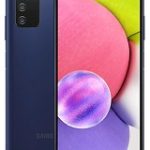
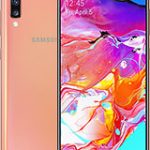
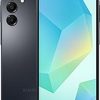
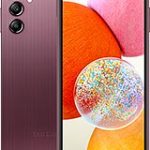
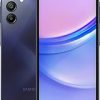
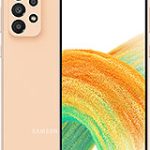
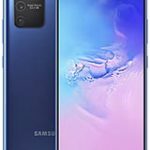
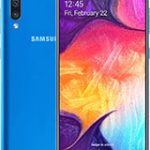
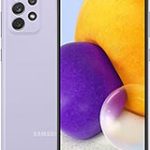
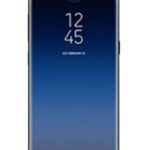
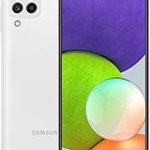
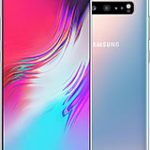
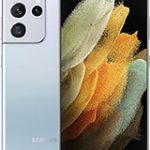

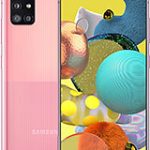
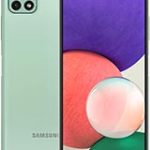
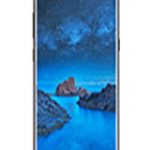

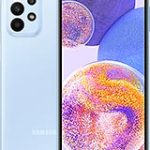
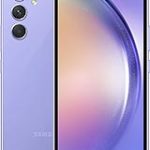
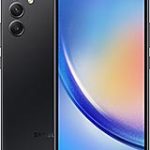
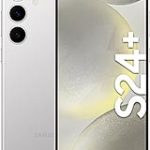
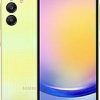
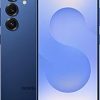
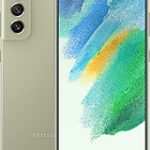
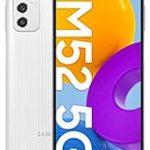
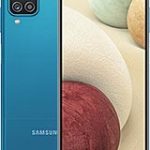
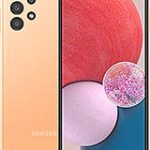
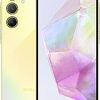
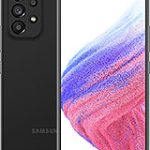
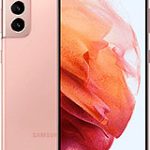
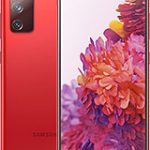

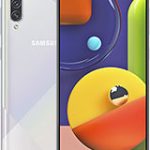
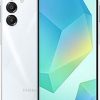
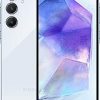
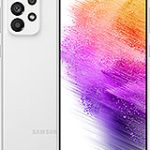
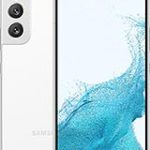

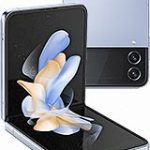
![samsung-galaxy-s21-plus-5g-[1]](https://www.rfsafe.com/wp-content/uploads/2020/12/samsung-galaxy-s21-plus-5g-1-150x150.jpg)
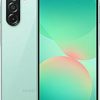

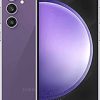
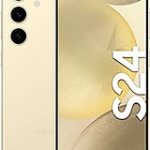
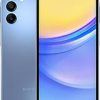
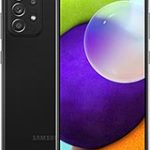
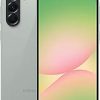
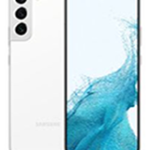
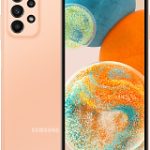
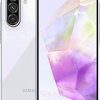
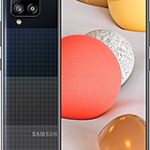
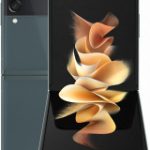
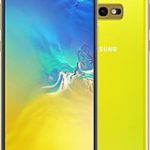
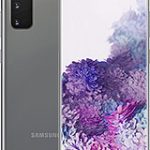
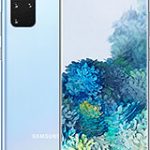
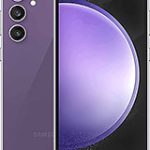
![samsung-galaxy-s22-plus-5g[1]](https://www.rfsafe.com/wp-content/uploads/2021/12/samsung-galaxy-s22-plus-5g1-150x150.jpg)
